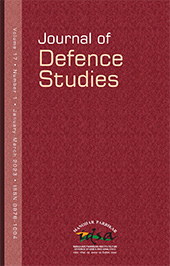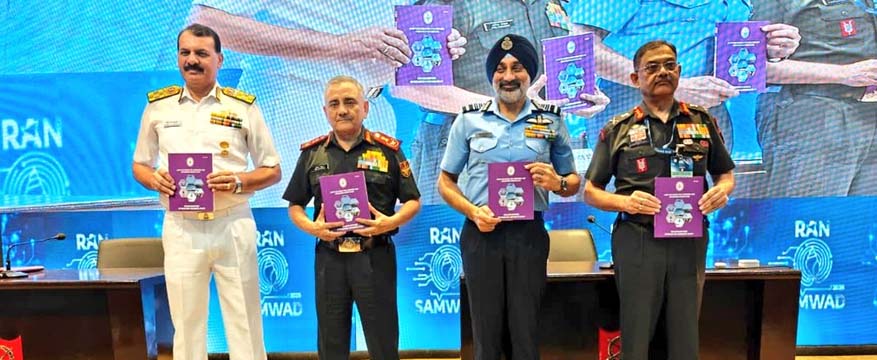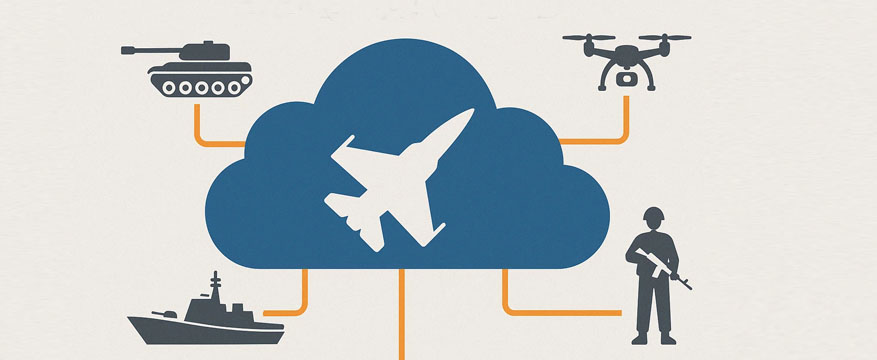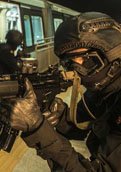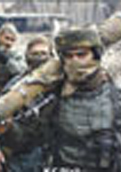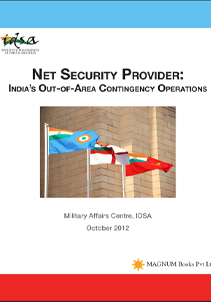The Budgetary Conundrum of the Indian Armed Forces: A Military Perspective
India’s defence budget is a subject of intense scrutiny and debate, drawing the attention of a diverse range of stakeholders, including economists, defence experts and policymakers. The defence budget must cater for the long-term requirements of defence forces, their equipping philosophy, modernisation requirements and the aspirations of the rank and file of the organisation. This article aims to provide a comprehensive analysis of the key aspects of defence budgeting, allocation and expenditure, with a particular focus on the perspectives of the defence establishments as the end-users of the budget. The article is broadly divided into two parts. The first part examines the quantitative aspects of the defence budget, delving into the composition of the overall allocation, the relative shares of the three armed forces, and the distribution between revenue and capital expenditures. The analysis reveals that while the nominal defence budget has been increasing over the years, the share of defence spending in the central government’s total expenditure has been declining, raising concerns about the adequacy of resources to meet the long-term requirements of the defence forces. The second part of the article undertakes a qualitative analysis of the defence budgeting process, exploring the challenges and constraints faced by the defence establishments. These include the need to balance manpower costs with equipment procurement and modernisation, the impact of rising inflation on the purchasing power of the defence budget, and the implications of the revenue–capital expenditure mix on the overall readiness and combat effectiveness of the armed forces.
- Dheeraj Kumar Singh , Munish Matta
- October-December 2025


